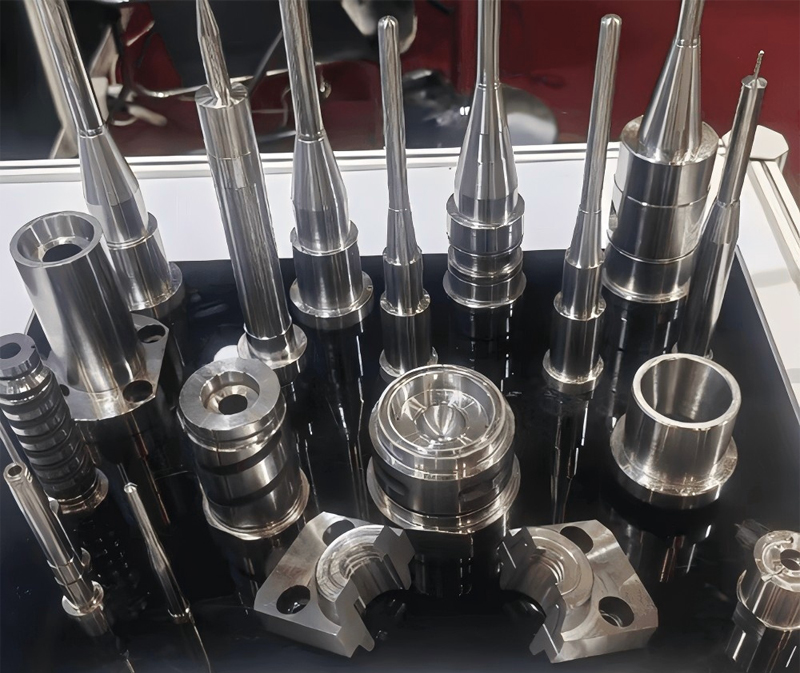How Can You Improve the Processing Quality of Precision Mold Components
The mold steel material used in mold parts processing has high hardness, and the mold processing equipment is required to have thermal stability and high reliability.However, in other words, we should know more about it. moulded plastic parts The law of development has brought new vitality to the whole industry and revitalized the market. https://www.dghrjmmj.com
For complex cavities and multifunctional composite molds, as the shape of the parts becomes more complicated, the design and manufacturing level of the mold must be improved. Multifunctional composite molds that form or assemble multiple grooves and multiple materials in a set of molds require a large amount of processing programming, high deep hole comprehensive cutting ability and high stability, which increases the difficulty of processing. The processing quality of mold parts includes processing accuracy and surface quality: processing accuracy is the degree of conformity between the three geometric parameters of the actual size, shape, and position of the surface of the part after processing and the ideal geometric parameters required by the drawing; the deviation value between the actual geometric parameters of the part and the ideal geometric parameters is called processing error.
Processing accuracy and processing error are both terms for evaluating the geometric parameters of the processing surface. Processing accuracy is measured by tolerance grade. The smaller the grade value, the higher the accuracy; processing error is expressed by numerical value. The larger the numerical value, the greater the error. High processing accuracy means small processing error, and vice versa; the actual parameters obtained by any processing method will not be absolutely accurate. From the function of the part, as long as the processing error is within the tolerance range required by the part drawing, it is considered that the processing accuracy is guaranteed.
The quality of a machine depends on the processing quality of the parts and the assembly quality of the machine. The processing quality of the parts includes two parts: processing accuracy and surface quality. Machining accuracy refers to the degree to which the actual geometric parameters (size, shape and position) of the parts after processing are consistent with the ideal geometric parameters. The difference between them is called processing error. The size of the processing error reflects the level of processing accuracy. The larger the error, the lower the processing accuracy, and the smaller the error, the higher the processing accuracy; the main aspects that affect processing accuracy: dimensional accuracy, the degree to which the actual size of the part after processing is consistent with the center of the tolerance zone of the part size.